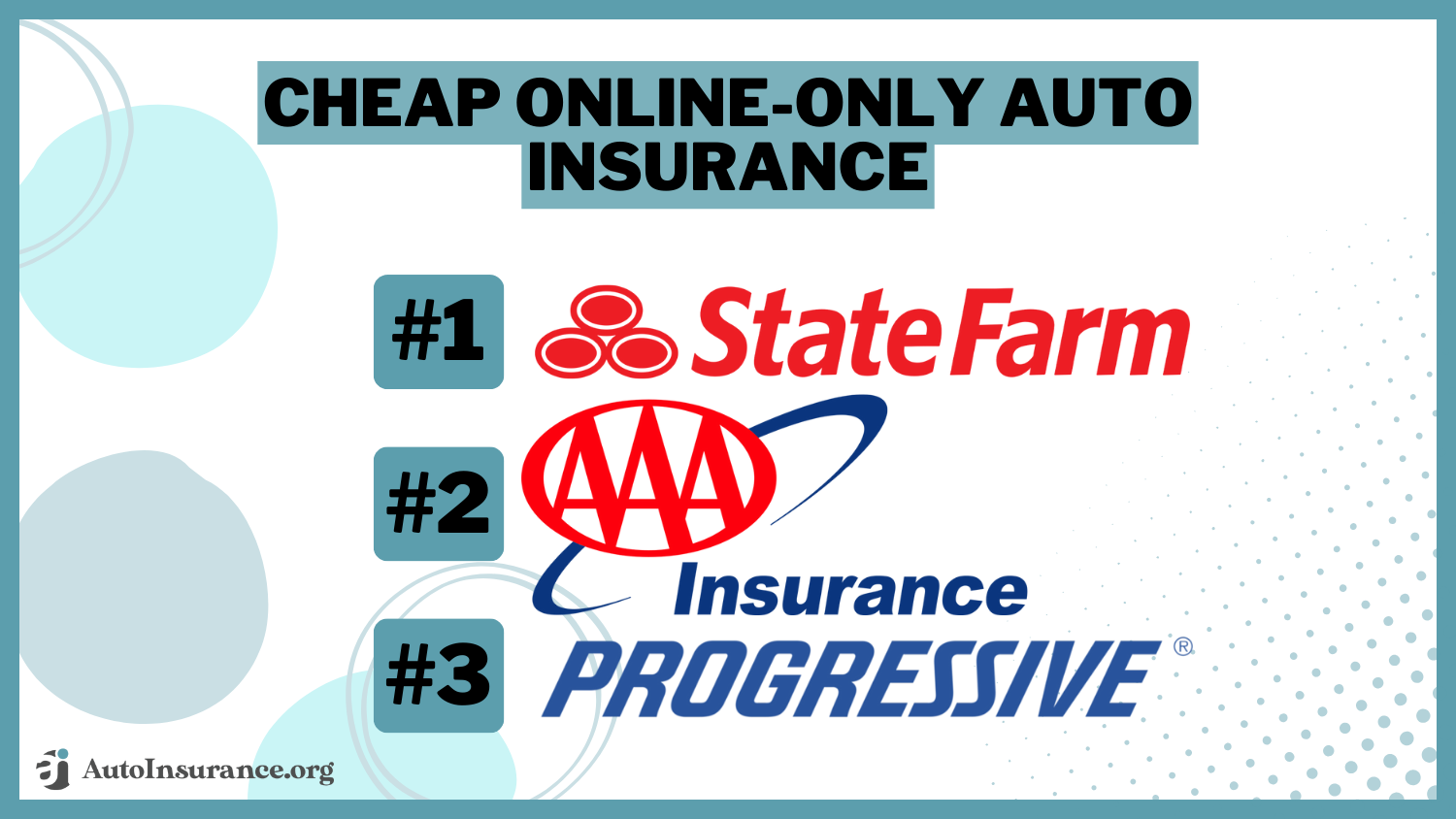Acquiring car insurance can often feel daunting, especially true with the many available choices and the terminology that tends to confuse the task. Many people hurry into selecting a policy, motivated by only the cost or misunderstandings about what coverage they truly need. However, recognizing full coverage cheap car insurance can save you unneeded expense and distress in the end run.
In this article, we will examine 10 common blunders that buyers often encounter when buying auto insurance. By being aware of these mistakes, you can make knowledgeable choices that safeguard your finances and ensure you have the appropriate insurance coverage for your requirements. If you are a first-time customer or wanting to change providers, avoiding these errors will help you secure the most favorable policy. Let's dive in and enable you to navigate the world of auto insurance with confidence.
Understanding Insurance Choices
When obtaining car insurance, it's important to comprehend the multiple coverage options offered to ensure you pick a plan that meets your needs. Auto insurance typically includes liability insurance, collision protection, and comprehensive insurance. Liability coverage defends you from costs associated with losses or injuries you may produce to others in an accident. Collision coverage, on the other hand, protects against damage to your vehicle from a collision, regardless of who is at fault. Comprehensive coverage delivers protection against incidents not involving collisions incidents, such as theft, vandalism, or natural disasters.
Another essential aspect of coverage options is uninsured motorist coverage. This kind of protection is vital in situations where you are involved in an accident with a driver who does not have enough insurance or has no insurance. By holding this coverage, you can shield yourself from financial loss caused by accidents involving these drivers. It's a security measure that many people neglect, but it can be vital for your financial security.

Lastly, don't neglect to evaluate additional options such as personal injury coverage and roadside assistance. Personal injury protection can take care of medical expenses for you and your passengers, regardless of who is at fault. Roadside assistance offers help in case of breakdowns or other emergencies. Evaluating these alternatives carefully will guarantee you have a comprehensive auto insurance policy that truly safeguards you on the road.
Evaluating Quotes Properly
As you are shopping for car insurance, it is essential to evaluate quotes from multiple insurers to ensure you are getting the most favorable deal available. Begin by collecting quotes from a minimum of three distinct providers. Such an approach gives you a broader perspective on what the market offers and helps you identify any significant differences in pricing for comparable coverage. Remember that the cheapest option isn’t always the best; pay close attention to the coverage limits, deductibles, and exclusions that may vary from one policy to the next.
In addition, utilize comparison tools online to simplify the process. These tools can save you time by enabling you to enter your information once and receive multiple quotes in return. However, while using these internet resources, be sure to verify the credibility and reputation of the insurers. Reading reviews and ratings from other customers can provide insight into the quality of support and the claims process, which are critical factors in your decision process.
Finally, when you receive your quotes, take the time to analyze and analyze the coverage provided. Look past just the cost amount and consider the specific features that each policy offers. Some policies may include benefits such as roadside assistance or rental car coverage, which could affect your overall costs and satisfaction in the long run. By doing a thorough comparison, you will be better equipped to select a policy that fits your needs and budget while offering adequate coverage.
Overlooking Coverage Fine Print
When purchasing car insurance, many clients tend to ignore the fine print of their policies. This often contains critical elements about policy limits, restrictions, and specific requirements that might be applicable. Neglecting this information can lead to unexpected additional expenses during a claim, leaving policyholders unprotected in situations they believed were included.
Additionally, many consumers focus on the cost cost without completely grasping the effects of their chosen coverage choices. They may opt for lower costs, only to discover that their deductibles are much higher than expected or that essential benefits, such as rental car coverage or emergency support, are excluded. This oversight can create financial strain, especially in times of need.
Finally, the language used in insurance policies can sometimes be complex and filled with legal terms. Failing to ask for explanation on ambiguous terms can result in misinterpretations about what is included versus what is excluded. To avoid these mistakes, it is recommended to carefully review the coverage thoroughly, ask questions, and even speak with a knowledgeable professional if necessary to ensure full understanding of the conditions before agreeing to a policy.
